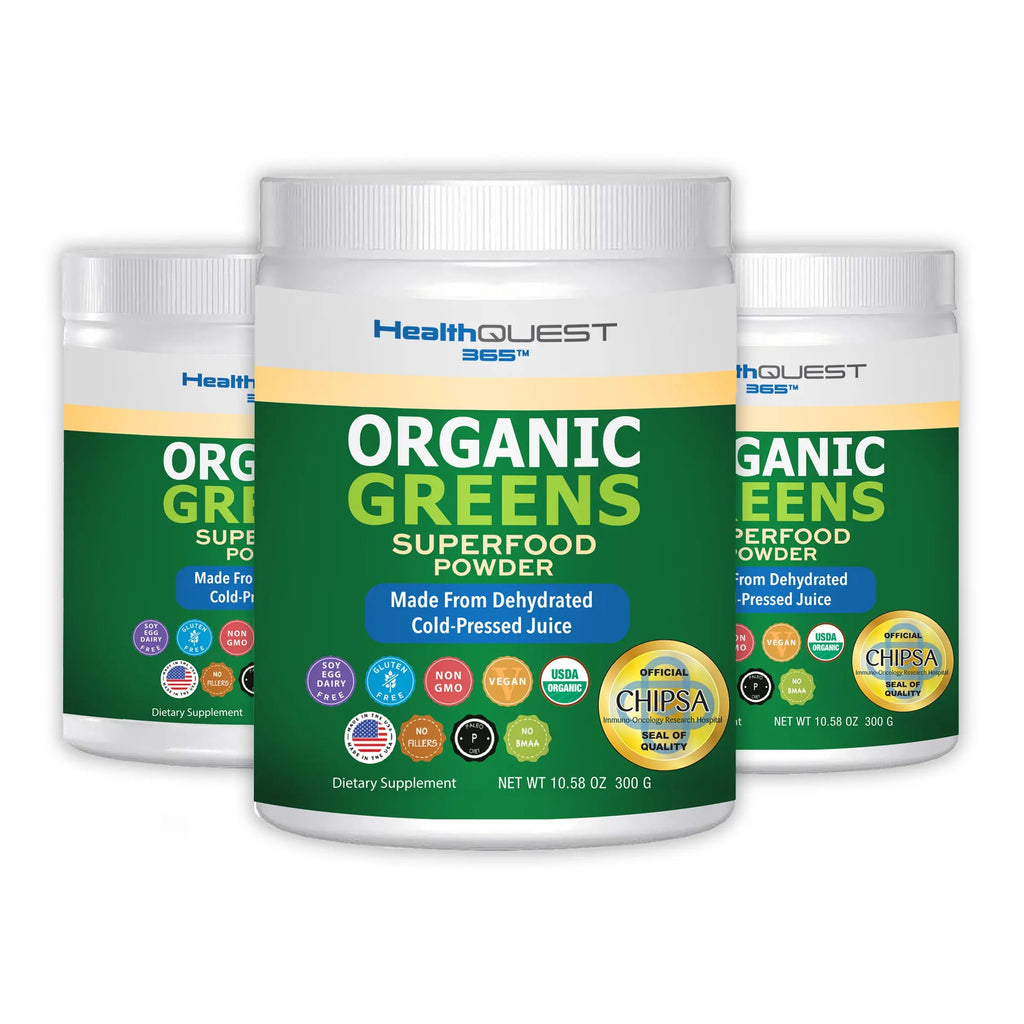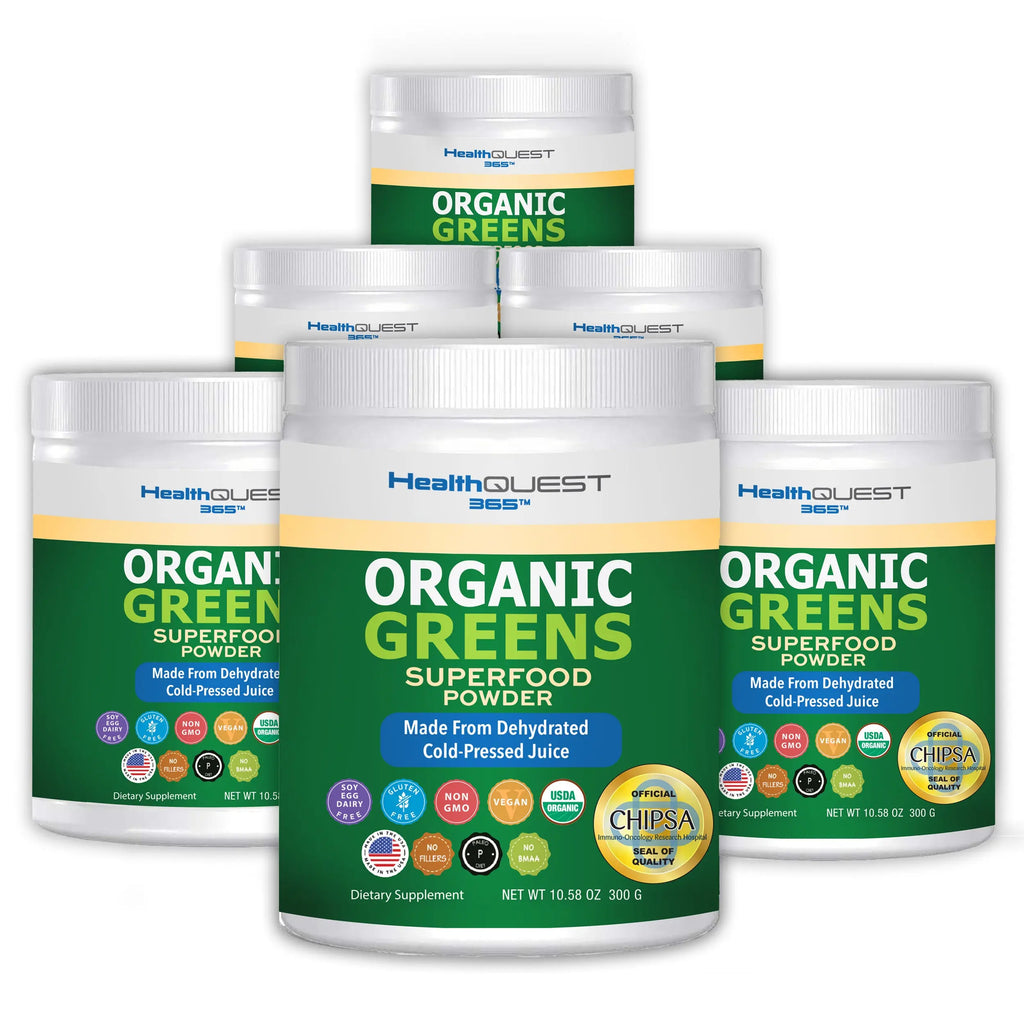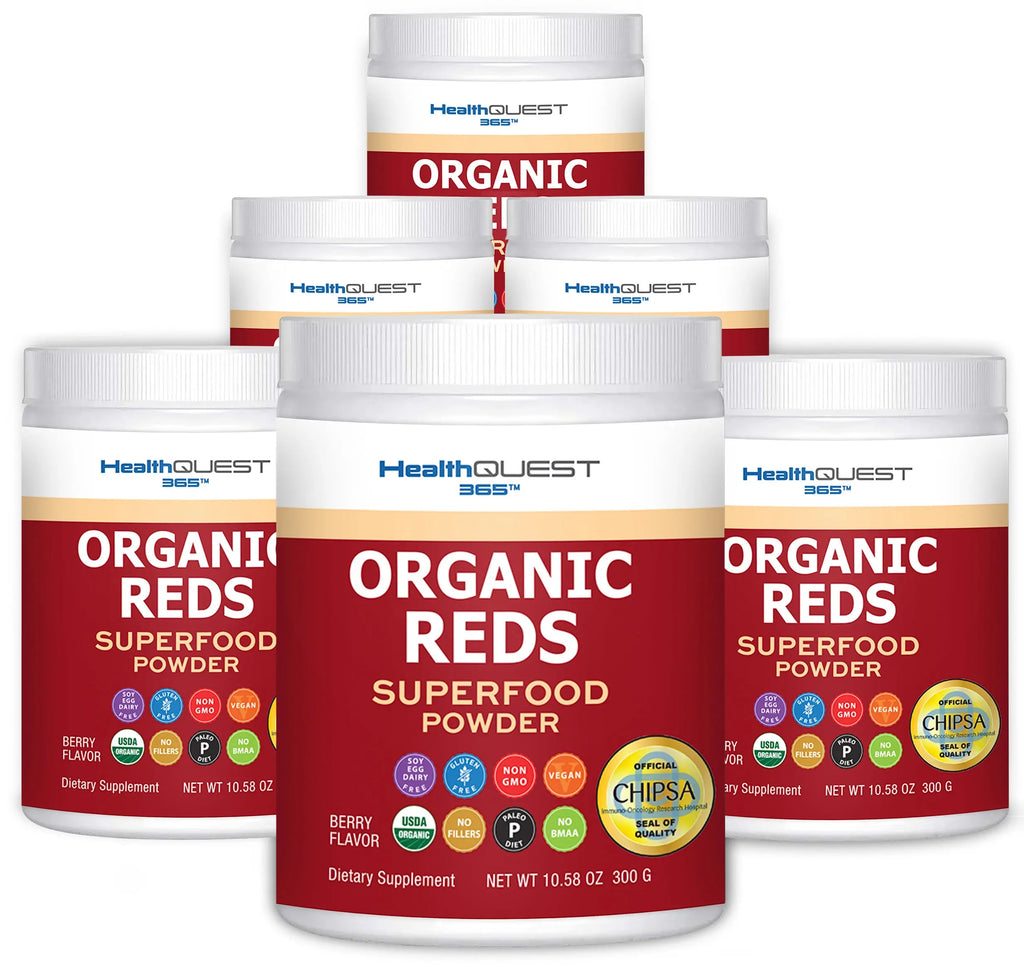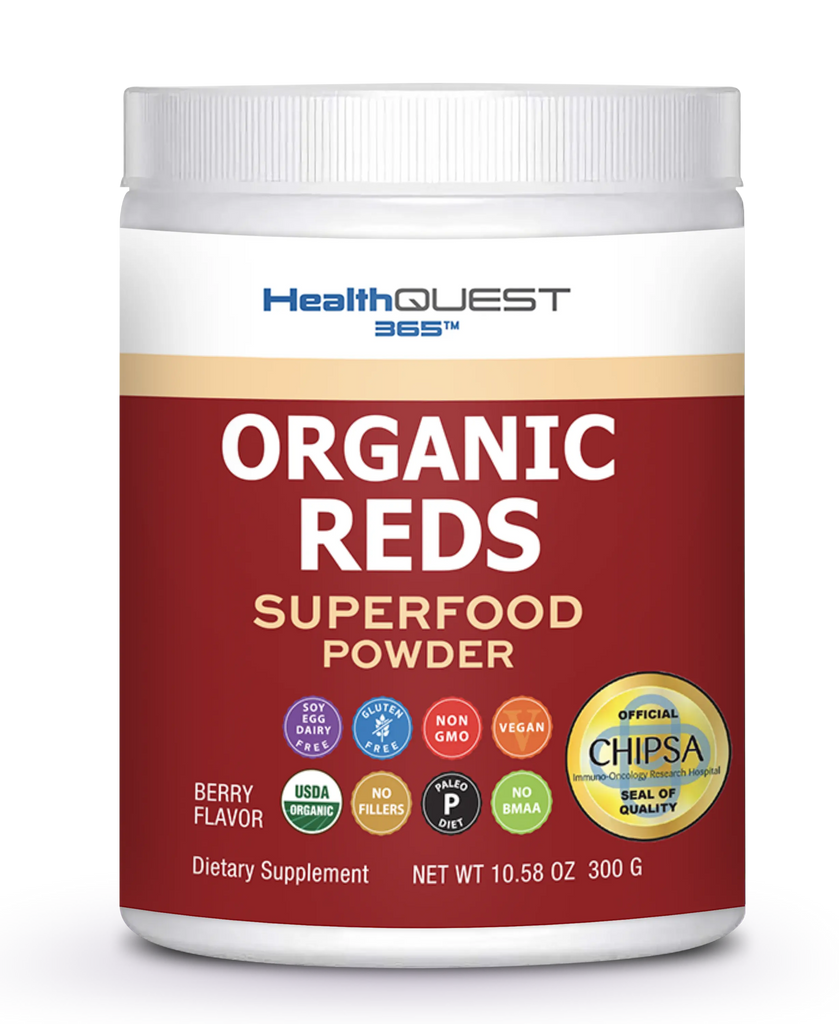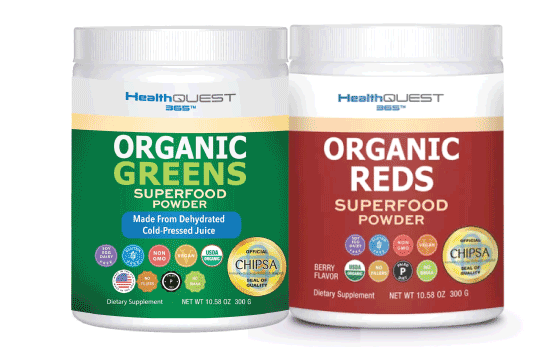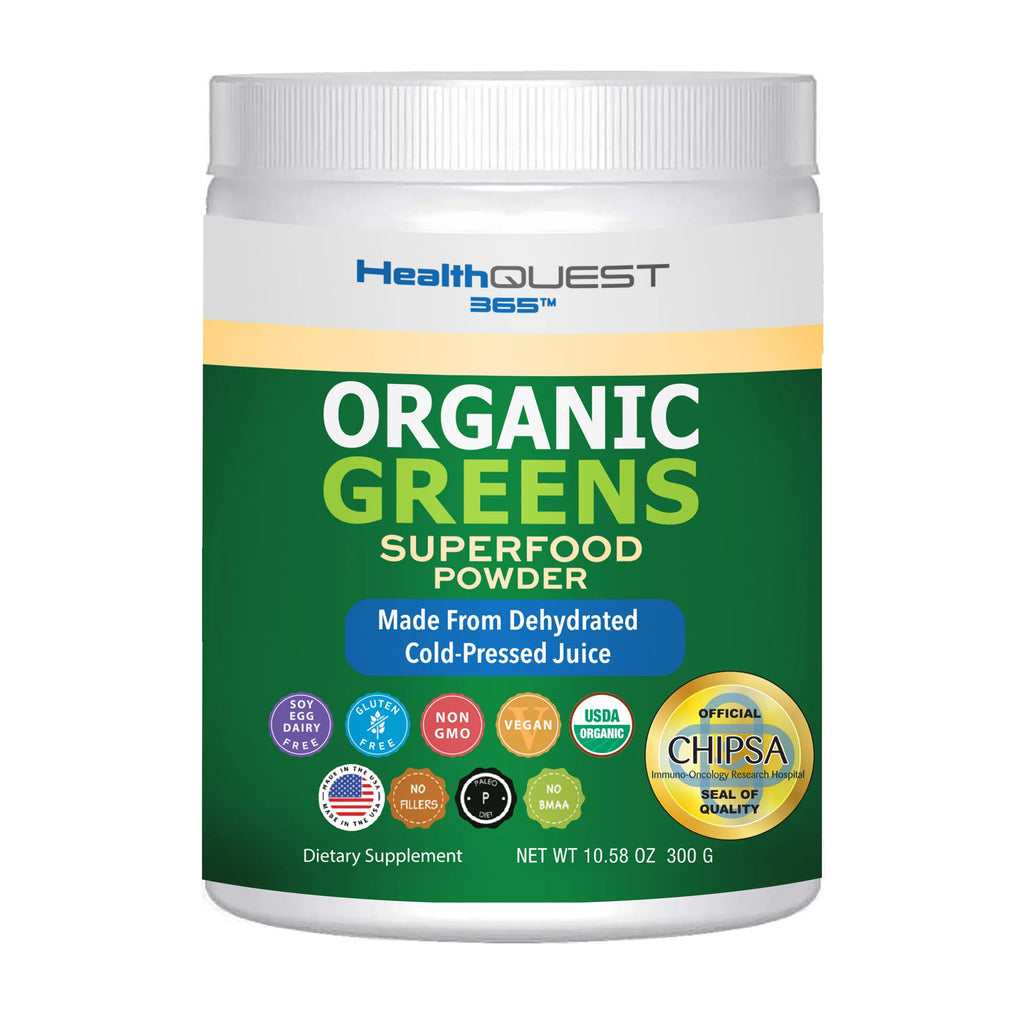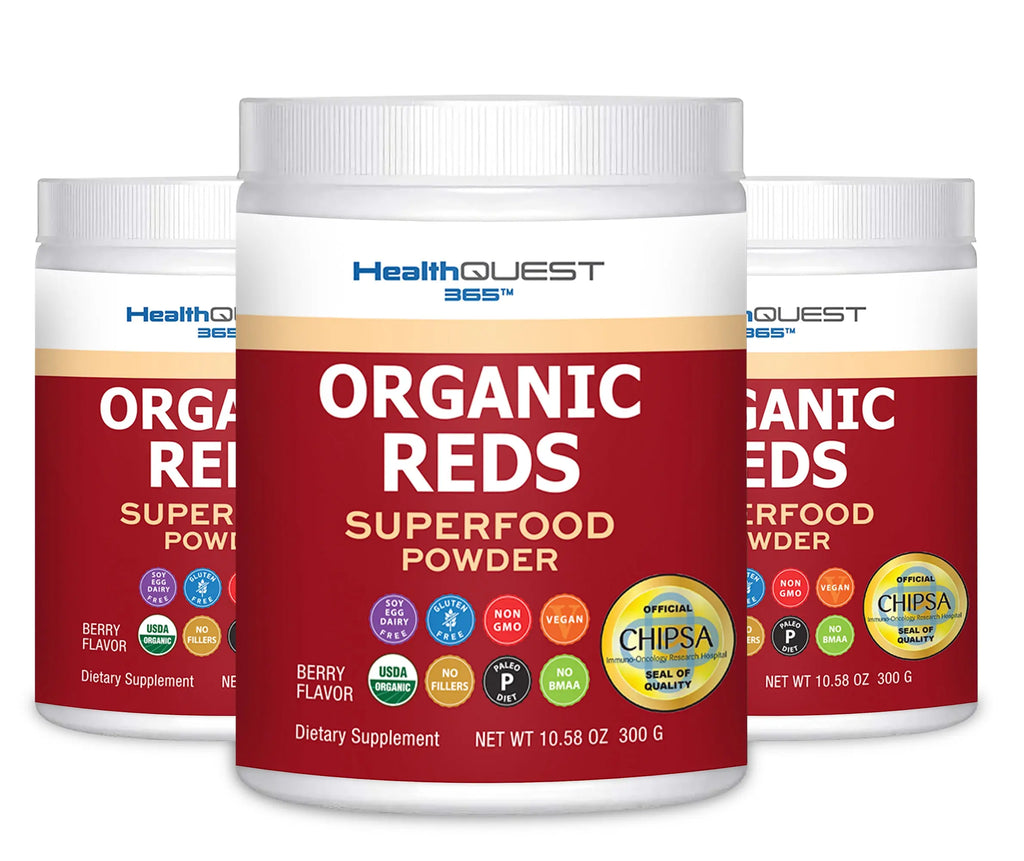It’s about health. It’s about healthy lifestyle. It’s about family™

The Real Impact Of Organic Farming On The Environment
Is organic farming truly better for the environment ? We often hear this claim, but what does the science say ? This blog will dissect this complex topic, providing you with the most recent research in a digestible format.

DEFINING ORGANIC FARMING
Before delving into the subject, let's first clarify what "organic farming" entails.
At its core, organic farming is a production system aiming to provide food while respecting natural life-cycle systems. It relies on crop rotation, green manure, compost, biological pest control and mechanical cultivation to maintain soil health, supply plant nutrients, and control pests.
THE ENVIRONMENTAL IMPACT OF ORGANIC FARMING
The principles behind organic farming are expected to deliver a series of environmental benefits.
PRESERVING BIODIVERSITY
Organic farms can serve as a sanctuary for biodiversity. How so? These farms often offer diverse habitats and a lack of harmful chemicals.
SAFEGUARDING SOIL HEALTH
Organic matter makes soil healthier and more resistant to erosion. Organic farming, with its focus on compost applications and cover crops, tends to increase soil organic matter.
CLIMATE CHANGE AND GREENHOUSE GAS EMISSIONS
A significant benefit of organic farming is its potential to help lessen climate change effects. These methods can help capture carbon in the soil, reducing carbon dioxide levels in the atmosphere.
REDUCING CONTAMINATION BY CHEMICALS
Organic farming excludes most synthetic chemicals, reducing the risk of soil and water contamination by harmful pesticides.

Give You ALL Our Best Workbooks
Get all the Best Workbooks + Action Guides from our expert
THE CHALLENGES OF ORGANIC FARMING
However, organic farming does face some challenges which may limit its environmental benefits.
LOWER CROP YIELDS
Organic farming needs larger amounts of land compared to conventional farming. Could increased land requirements lead to deforestation and biodiversity loss?
AFFORDABILITY AND ACCESSIBILITY
Organic products are typically more expensive, which makes them inaccessible to many consumers. With this, can organic farming truly be a global solution for sustainable agriculture ?
BALANCING MACRONUTRIENTS IN THE DIET
The quintessential ‘balanced diet’ savors a nutrient distribution of carbohydrates (45%-65%), protein (10%-35%), and fats (20%-35%).
But again, some people will have different balances to optimize their nutrition. Athletes might need more protein and fats, for example!


FREE "Mystery Gift"?
Let me stay in touch with you via email and as a thank you - get this FREE gift.. Something others paid over $1,000 for.
(True story)
STRIKING THE BALANCE
The question then becomes, how can we enjoy the benefits of organic farming while mitigating its challenges?
IMPLEMENTING SUSTAINABLE PRACTICES
Incorporating sustainable practices in both organic and conventional farming might hold the key. Practices that conserve resources, like water and energy, can lead to sustainability.
SUPPORTING POLICIES AND INITIATIVES
Governments and organizations need to support initiatives that promote accessibility and affordability of organic products. This way, we can ensure these practices are democratized.
BALANCING MACRONUTRIENTS IN THE DIET
The quintessential ‘balanced diet’ savors a nutrient distribution of carbohydrates (45%-65%), protein (10%-35%), and fats (20%-35%).
But again, some people will have different balances to optimize their nutrition. Athletes might need more protein and fats, for example!

CONCLUSION
Organic farming does bring immense benefits to the environment, including promoting biodiversity, enhancing soil health, mitigating climate change, and reducing contamination risks. However, recognizing its challenges is crucial to finding a path toward globally sustainable agriculture.
Want to take the first step toward the right direction for your health? If so, check out Health Quest 365 today! Organic Greens 365 and Organic Reds 365 might just be the organic superfood powders you are looking for!
FREQUENTLY ASKED QUESTIONS
In many respects, yes. Organic farming often leads to less soil and water contamination, higher biodiversity, and improved soil health. However, it can also require more land and prove more expensive than conventional farming.
Yes. Organic farming can help sequester carbon in the soil.
Organic products often have fewer pesticide residues, and some studies suggest they may have higher nutrient contents.
Organic farming methods are typically more labor-intensive, and the cost of organic certification can also contribute to the price.
Buying organic and locally-sourced products, supporting organic farming policies, and starting an organic garden are different ways to support organic farming.
TRY AND GET MORE BENEFITS
... AND HE HATES VEGETABLES!
ORGANIC SUPER GREENS DRINK!
CHIPSA HOSPITAL CERTIFIED NUTRITION

CHIPSA Hospital, known as the original Gerson Hospital, was founded by Charlotte Gerson and Victor Ortuno in 1979.
CHIPSA is known as one of the leading integrative immuno-oncology treatment hospitals in the world.
CHIPSA Patients follow an Enhanced Gerson Protocol and drink 13 Cold Pressed Juices a day and 2oz of Organic Greens 365 daily.
*These statements have not been approved by the Food and Drug Administration. This product is not intended to diagnose, treat, cure, or prevent any disease.
The website's content and the product for sale is based upon the author's opinion and is provided solely on an "AS IS" and "AS AVAILABLE" basis. You should do your own research and confirm the information with other sources when searching for information regarding health issues and always review the information carefully with your professional health care provider before using any of the protocols presented on this website and/or in the product sold here.
Neither Health Quest 365 LLC. nor the author are engaged in rendering medical or similar professional services or advice via this website or in the product, and the information provided is not intended to replace medical advice offered by a physician or other licensed healthcare provider.

